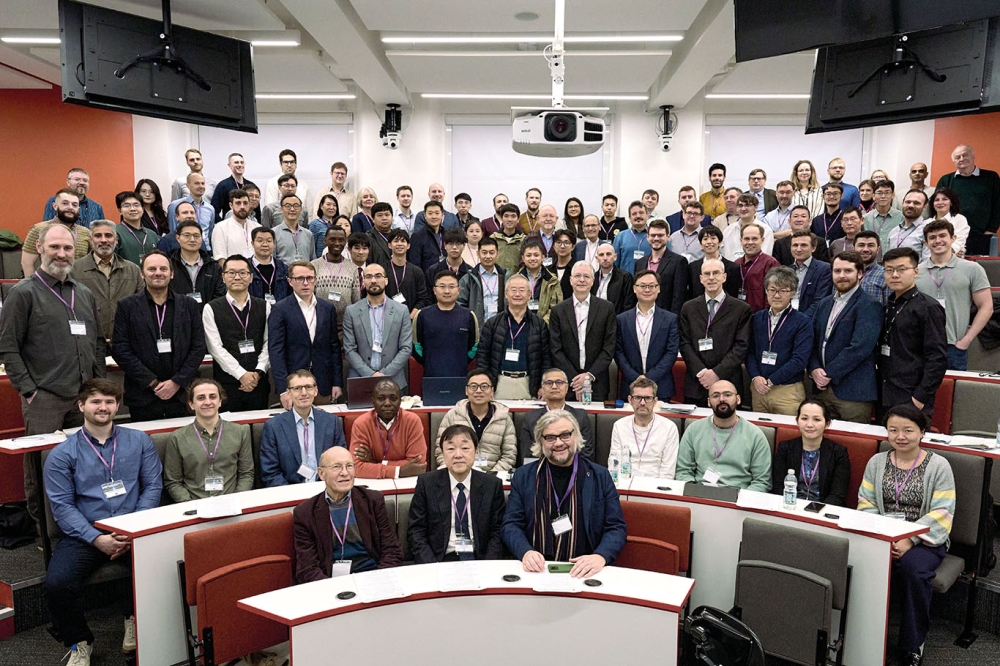News Article
Semiconductor performance `is predicted by simulation technology`
Semiconductor simulation technology has been developed to enable scientists to predict the performance of transistors in future integrated circuits.
A technology has been developed by a team of scientists to predict how billions of nano-transistors will perform with integrated circuits.
The team from the University of Glasgow, along with colleagues at universities including ones in York and Manchester, said the simulations of transistors could help overcome the problem of statistical variability within transistors.
This problem hinders the continued scaling of Complementary Metal-oxide Semiconductor microchips in future nano-scale technology generations.
However, under a £5.3 million Engineering and Physical Sciences Research Council eScience pilot project known as NanoCMOS, scientists have developed simulation tools to predict nano-transistor performance.
Currently, transistors have gate lengths of 40 nanometres and the smaller in size they become, the more variations occur.
"Nano-scale transistors are at the heart of our computers, mobile phones, cars, TV sets and games consoles chips. They play a crucial role in the UK vision for the digital economy of the future," stated professor Asen Asenov, principal investigator of NanoCMOS.
Predicting the performance of transistors is important for the principles of Moore s law to be met.
This states the number of transistors on an integrated circuit will approximately double every two years without the circuit increasing in size because of the progression of the miniaturisation of electronics, including semiconductors.
The team from the University of Glasgow, along with colleagues at universities including ones in York and Manchester, said the simulations of transistors could help overcome the problem of statistical variability within transistors.
This problem hinders the continued scaling of Complementary Metal-oxide Semiconductor microchips in future nano-scale technology generations.
However, under a £5.3 million Engineering and Physical Sciences Research Council eScience pilot project known as NanoCMOS, scientists have developed simulation tools to predict nano-transistor performance.
Currently, transistors have gate lengths of 40 nanometres and the smaller in size they become, the more variations occur.
"Nano-scale transistors are at the heart of our computers, mobile phones, cars, TV sets and games consoles chips. They play a crucial role in the UK vision for the digital economy of the future," stated professor Asen Asenov, principal investigator of NanoCMOS.
Predicting the performance of transistors is important for the principles of Moore s law to be met.
This states the number of transistors on an integrated circuit will approximately double every two years without the circuit increasing in size because of the progression of the miniaturisation of electronics, including semiconductors.
































